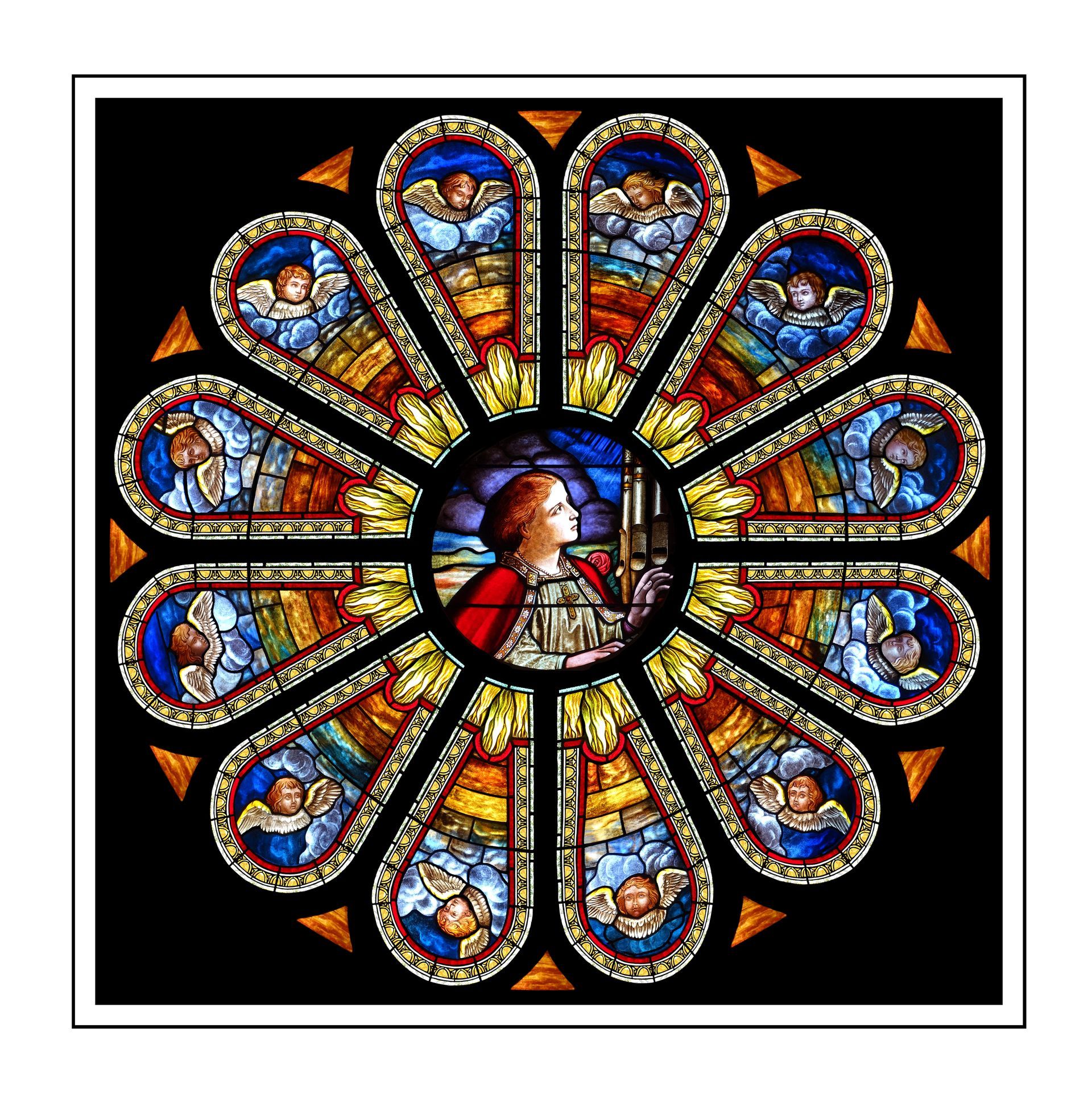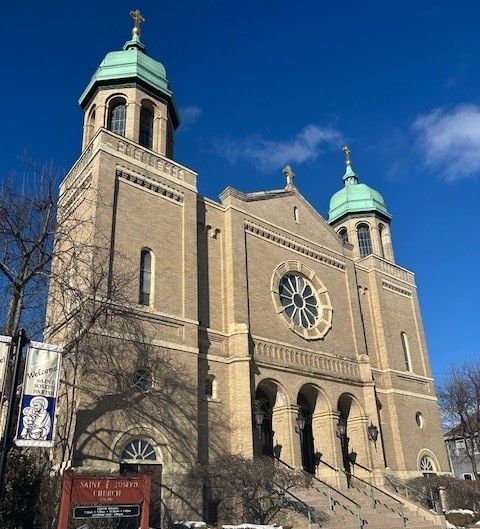

8 ROBINSON AVENUE, DANBURY CT 06810-5517 | 203-748-8177
Music

St. Joseph Parish
Reverend Eric W. Silva, Parish Administrator
8 Robinson Avenue
Danbury, Connecticut 06810-5517
Parish Office:
Telephone Number: (203) 748-8177
Office Email: recstjoseph@yahoo.com
Office Hours: Monday-Thursday 9:00am-4:00pm, Friday 9:00 am-12:00 Noon
Faith Formation Office (203) 778-1920
Office Hours: Monday to Wednesday: 9:00am to 4:00 pm, Thursday 9:00 am to 12:00 Noon
St. Joseph School (203)748-6615

Powered by Our Sunday Visitor